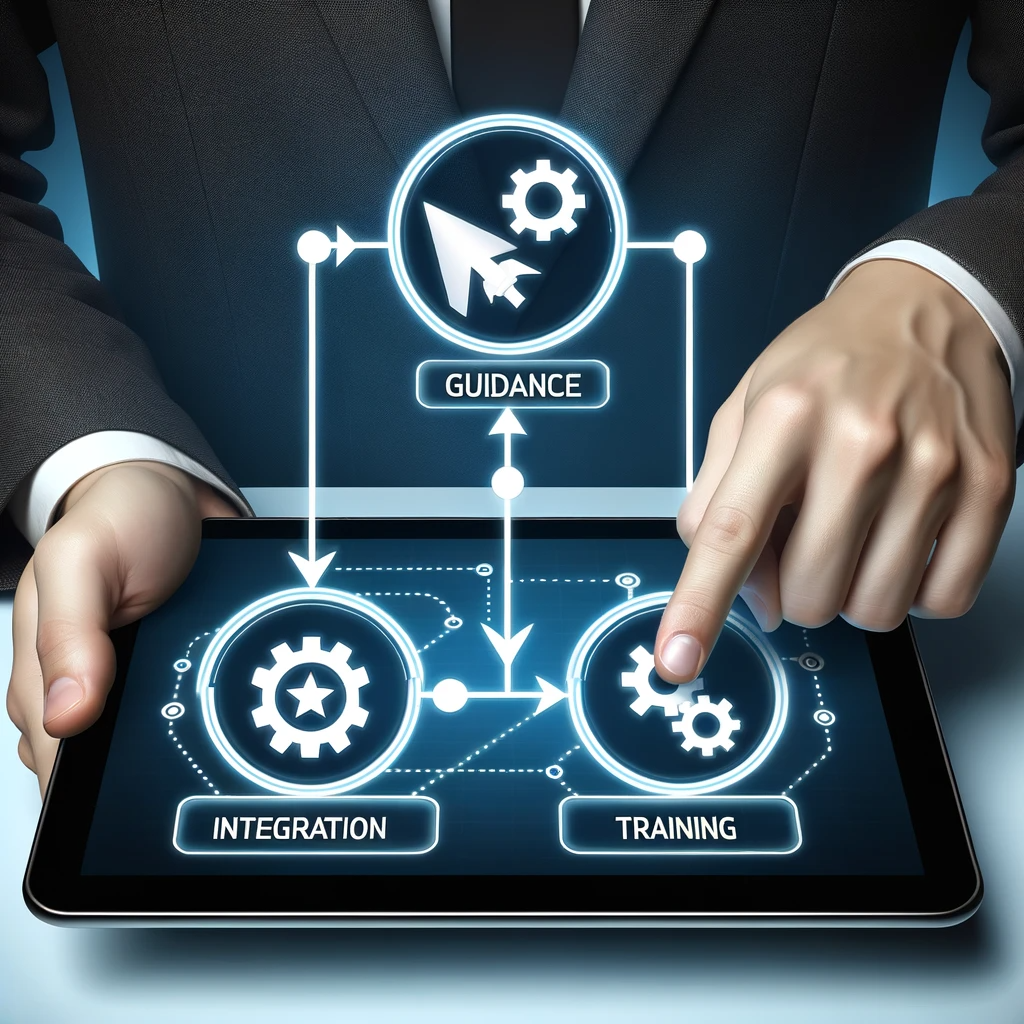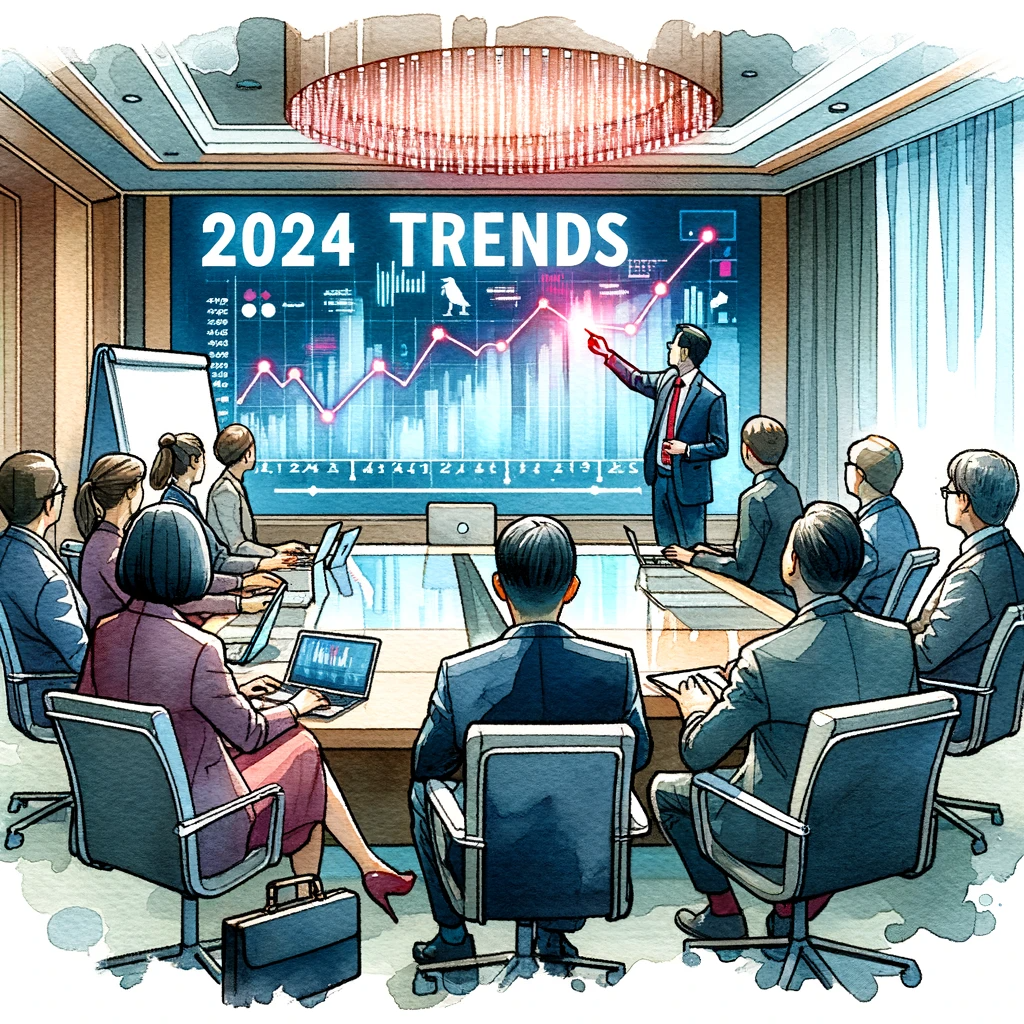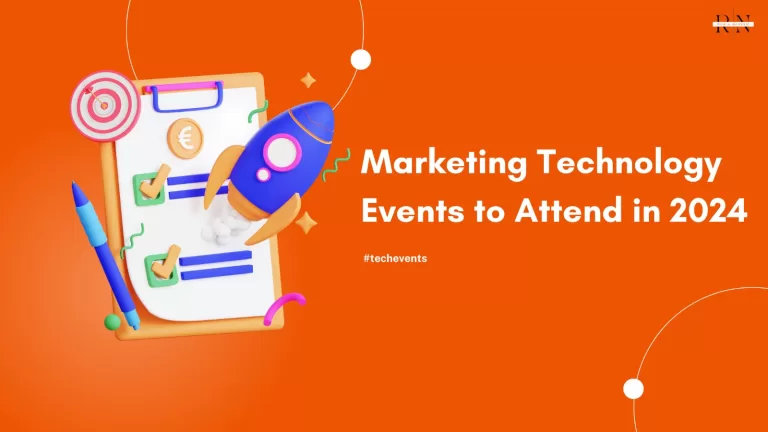The Ever-Changing Landscape of Digital Marketing
In today’s fast-paced digital world, businesses face a significant challenge: keeping up with the rapidly evolving demands of consumers. The digital age has ushered in a new era where consumers are more informed, discerning, and demanding than ever before. They expect instant responses, personalized experiences, and seamless interactions across all touchpoints.
With the influx of digital channels, platforms, and technologies, marketers are overwhelmed:
- Data Overload: Every interaction, click, and engagement generates data. But without the right tools, this data remains a goldmine that’s never excavated.
- Consumer Expectations: Modern consumers expect personalized experiences tailored to their unique preferences. Generic marketing messages no longer cut it.
- Manual Efforts: Traditional marketing efforts are time-consuming, labor-intensive, and often lack consistency and scalability.
This complex landscape has led many businesses to miss out on valuable opportunities, leading to lost revenue, a disjointed customer experience, and dwindling brand loyalty.
The Risks of Ignoring Modern Marketing Demands
The digital revolution waits for no one. Ignoring the shift towards automation and personalization in marketing can have dire consequences:
- Lost Customers: In a world where consumers are bombarded with content, irrelevant messages can lead to disengagement or, worse, brand aversion. A single negative experience can push potential customers towards competitors.
- Wasted Resources: Manual efforts, without the aid of automation, result in wasted time, money, and human resources. This inefficiency can cripple even the most robust marketing teams.
- Inconsistency: Without automation, maintaining a consistent brand voice and message across all channels becomes a herculean task, leading to mixed messages and a confused audience.
For a deeper dive into the challenges of the modern digital landscape and the tools businesses are using to stay ahead, I personally want to share this comprehensive guide on Marketing Trends to ensure everyone’s updated.
Embracing Marketing Automation & Role of the Consultant
The challenges may seem daunting, but the solutions are within reach. Enter marketing automation – the beacon of hope for modern businesses. With the right tools and strategies, businesses can:
- Efficiency: Automate repetitive tasks, ensuring consistency and freeing up time for more strategic endeavors.
- Personalization: Harness the power of data to deliver personalized content that resonates with individual users, enhancing customer loyalty and engagement.
- Data-Driven Decisions: With automation, businesses can make decisions based on real-world feedback, refining strategies for maximum impact.
However, the world of marketing automation is vast and can be complex. This is where the expertise of a marketing automation consultant becomes invaluable. They play a pivotal role in:

- Guidance: Helping businesses navigate the maze of tools and platforms available.
- Integration: Ensuring that tools are seamlessly integrated into existing marketing strategies, maximizing ROI.
- Training: Equipping teams with the knowledge and skills to utilize these tools effectively.
By recognizing the challenges of the modern digital landscape and embracing the solutions offered by marketing automation and expert consultants, businesses can position themselves for unparalleled success in 2024 and beyond.
Personalization and Targeted Marketing
The age of generic marketing messages is long gone. In 2024, personalization stands at the forefront of effective marketing strategies. Consumers crave experiences and content tailored specifically to their preferences and behaviors.
- Individualized Content: Gone are the days of one-size-fits-all. Content now adapts to the user’s behavior, preferences, and past interactions.
- Dynamic User Experiences: Websites and apps now change in real-time to cater to individual user journeys.
By leveraging advanced tools and analytics, businesses can craft unique experiences for every user. For a deeper understanding of the power of personalization, this insightful article on hyper-personalizing the customer experience offers valuable insights.
AI and Machine Learning in Marketing Automation
Artificial Intelligence (AI) and Machine Learning are no longer just buzzwords; they’re integral components of modern marketing automation. These technologies empower businesses to predict, understand, and cater to their audience like never before.
- Predictive Analytics: Forecast user behaviors and trends based on past data.
- Enhanced Customer Insights: Understand your audience at a granular level, from their preferences to their pain points.
The integration of AI in marketing tools has revolutionized customer segmentation, lead scoring, and even content creation. To see AI in action in the realm of marketing, check out this comprehensive guide on AI-powered marketing trends for 2024.
Omnichannel Marketing Strategies
The modern consumer interacts with brands across multiple channels – be it social media, email, websites, or physical stores. Omnichannel marketing ensures a seamless and consistent experience across all these touchpoints.
- Unified Customer Experience: Whether a user interacts with a brand on a mobile app or a physical store, the experience remains consistent.
- Data Integration: All user data is integrated, ensuring that marketers have a 360-degree view of the customer journey.
Omnichannel strategies break down silos between different marketing channels, ensuring that users transition smoothly between them. This not only enhances user experience but also boosts brand loyalty and trust.
Chatbots and Virtual Assistants
Chatbots and virtual assistants have become essential tools in the marketer’s arsenal. These AI-driven entities provide instant responses to customer queries, guide them through processes, and even assist in sales.
- 24/7 Customer Support: Chatbots are always available, ensuring that customer queries are addressed promptly, any time of the day.
- Personalized Interactions: Modern chatbots can provide product recommendations, answer specific queries, and even engage in casual conversation.
The integration of chatbots in marketing strategies ensures that businesses are always available for their customers, enhancing user experience and boosting sales. For more insights on the evolution of chatbots in marketing, this article on conversational marketing with chatbots is a must-read.
Data Privacy and Security Concerns
With the increasing reliance on data in marketing, concerns about data privacy and security have come to the forefront. Consumers are more aware of their digital rights and demand transparency and security.
- Transparent Data Usage: Businesses need to be clear about how they use consumer data.
- Robust Security Protocols: Ensuring that user data is secure from breaches and malicious attacks.
By prioritizing data privacy and security, businesses not only comply with regulations but also earn the trust of their consumers, which is invaluable in the digital age. For a detailed look into the importance of data privacy and transparency in marketing, this article provides a comprehensive overview.
With these trends shaping the future of marketing automation in 2024, businesses need to stay updated and adapt to remain competitive. The next section will delve into tips and best practices from experts in the field.
The Evolution of Social Shopping
Social shopping, an amalgamation of social media and eCommerce, is on the rise. It allows customers to complete their entire purchase without leaving the social media platform.
- Streamlined Purchases: Reducing steps required for conversion.
- Enhanced Engagement: Engage audiences directly on platforms they frequent.
For a comprehensive look at how social shopping is revolutionizing eCommerce, EngageBay’s detailed analysis is enlightening.
Reinforcement Learning: The Next Step in AI
Reinforcement learning, a subset of machine learning, empowers AI to make decisions based on interactions and observations, leading to performance-driven changes.
- Decision-making Capabilities: AI can learn to generate maximum rewards through interactions.
- Continuous Learning: As AI receives more data, its predictions become more nuanced.
To delve deeper into the intricacies of reinforcement learning in marketing, Smart Insights’ article on AI trends is a valuable resource.
Mobile-First: The Imperative Marketing Approach
With the ubiquity of mobile devices, adopting a mobile-first approach in marketing is no longer optional but essential.
- Optimized Content: Tailor content for mobile screens for better user experience.
- Strategic Campaigns: SMS marketing and other mobile-centric campaigns to engage users.
For businesses transitioning to a mobile-first strategy, EngageBay’s insights on the topic offer practical guidance.
Data Cleanup with AI and Automation
With the influx of vast amounts of data, efficient data cleanup is crucial. Automation, combined with AI, can streamline this process, ensuring data integrity.
- Data Validation: Ensure data consistency, uniqueness, and accuracy.
- Conflict Resolution: Identify and rectify database conflicts for smoother operations.
For a deeper understanding of the role of AI in data management, Encharge’s article on the benefits of marketing automation provides a comprehensive overview.
The Growing Role of AI-Generated Imagery
The ability of AI to generate realistic images is transforming content marketing. From stock photos to customized visuals, AI-generated imagery offers a plethora of options.
- Unique Visuals: Ensure content stands out with one-of-a-kind images.
- Cost Efficiency: Reduce expenses associated with traditional photography or image purchases.
To explore the potential of AI in image generation, EngageBay’s article highlighting AI’s capabilities is a must-read.
In conclusion, as we navigate the complexities of marketing automation in 2024, it’s evident that the integration of AI, data management, and mobile-centric strategies will play pivotal roles. Staying abreast of these evolving trends will ensure businesses remain at the forefront of their industries.
Certainly! Here’s the FAQ section and conclusion for the topic “Marketing Trends 2024: Tips from a Marketing Automation Consultant,” with external links incorporated.
FAQs: Marketing Trends 2024
1. What are the top marketing trends to watch for in 2024?
In 2024, some of the top marketing trends include the rise of personalized client interactions, the integration of AI in marketing tools, the emphasis on omnichannel marketing strategies, and the increasing importance of data privacy and security.
2. How is AI shaping the future of marketing automation?
AI is revolutionizing marketing automation by offering predictive analytics, enhancing customer insights, and automating tasks that were previously manual. This includes tailoring content to individual users, segmenting audiences more effectively, and predicting future consumer behaviors.
3. Why is data privacy becoming more crucial in marketing strategies?
With the increasing reliance on data in marketing, consumers are more aware of their digital rights and demand transparency and security. Ensuring data privacy not only complies with regulations but also earns the trust of consumers, which is invaluable in the digital age.
4. How are chatbots and virtual assistants enhancing customer experience?
Chatbots and virtual assistants, powered by AI, provide instant responses to customer queries, guide them through processes, and even assist in sales. They ensure businesses are always available for their customers, enhancing user experience and boosting sales.
5. What is the significance of omnichannel marketing in 2024?
Omnichannel marketing ensures a seamless and consistent experience across all touchpoints, from social media to emails. It breaks down silos between different marketing channels, ensuring users transition smoothly between them. This strategy enhances user experience and boosts brand loyalty.
Conclusion
As we approach 2024, the landscape of marketing is rapidly evolving, driven by technological advancements and changing consumer behaviors. From the integration of AI and machine learning to the emphasis on personalization and data privacy, businesses need to stay updated with the latest trends to remain competitive. By leveraging these insights and tips from a marketing automation consultant, businesses can navigate the complexities of the digital age and create meaningful connections with their audience.




